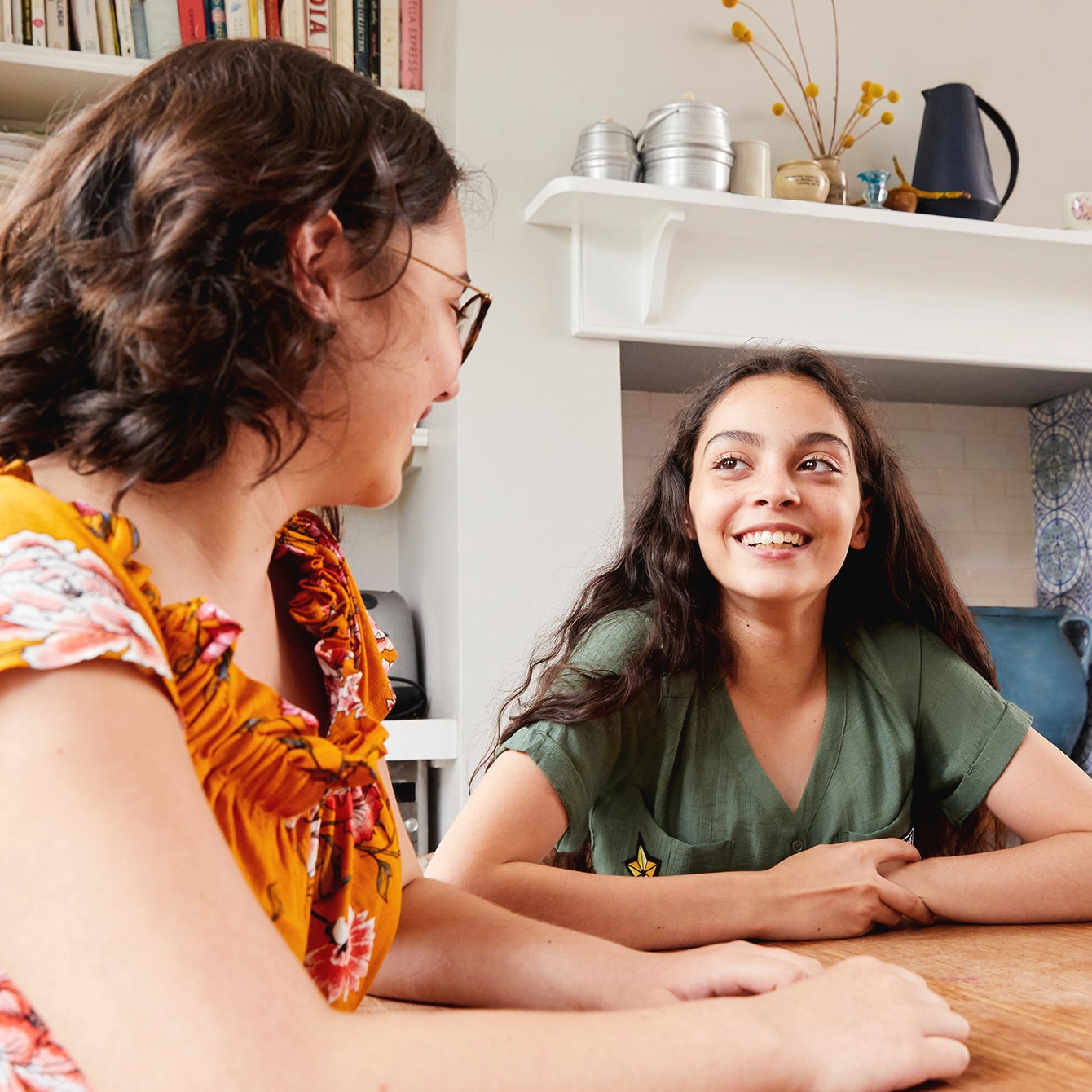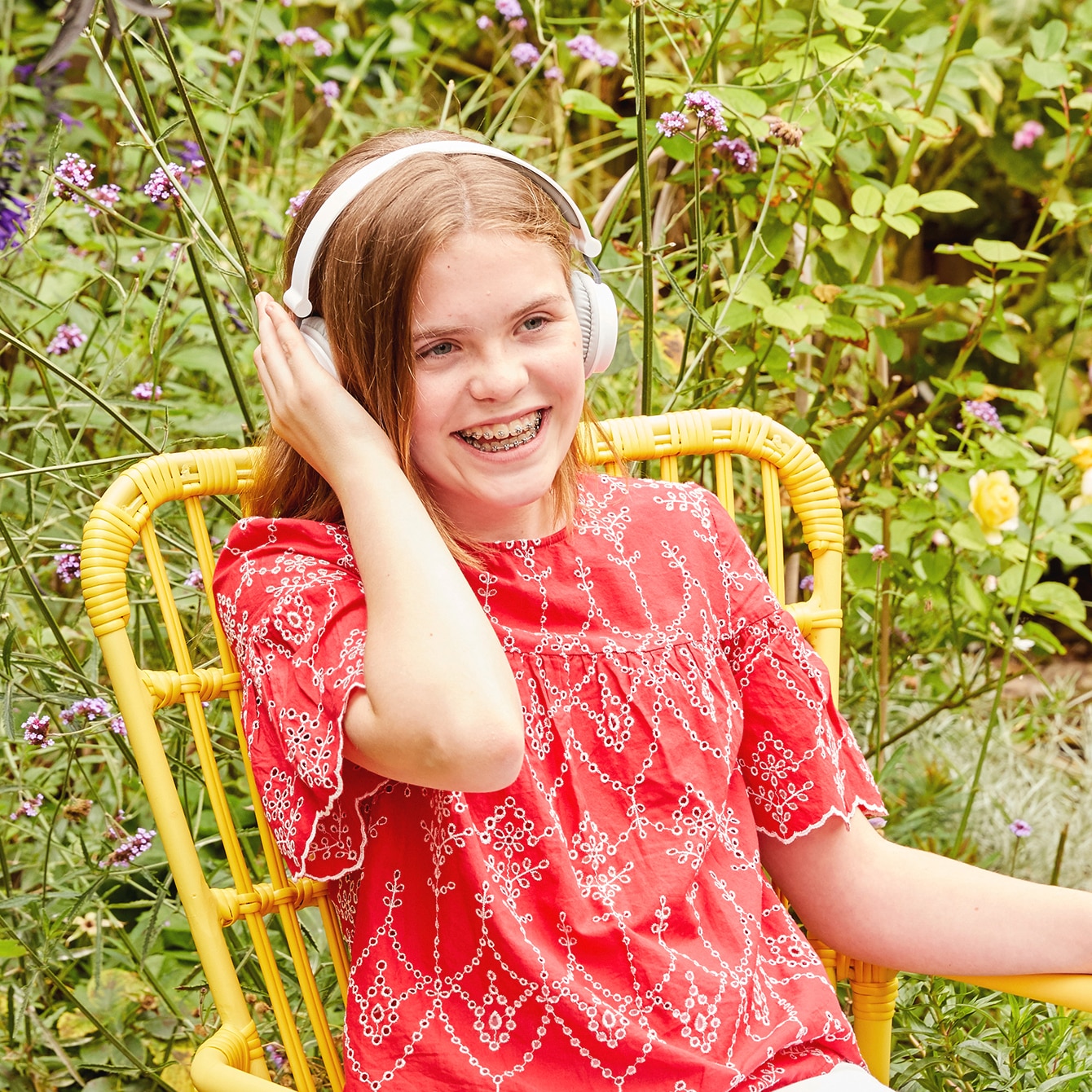One of the best ways for young people to grow into confident, healthy young adults who can achieve their goals is knowing their own potential and limits. And who better to help than the people who know them best?
Holistic self-care – looking after your inner self, wellbeing and personal development – is something adults often struggle to make a priority. But many young people are beginning to realise the benefits and choosing to improve themselves on their own terms. Whether this means achieving a more balanced life, getting better sleep or committing to a healthier diet, young people are discovering the value of focusing on their wellbeing to help combat other anxieties – about their appearance, for example.
Taking an interest in mind, body and soul is a sign of blossoming self-respect, and a big step towards young people becoming self-fulfilled, body-confident adults. Improving self-image and self-acceptance also help overcome the stress many experience as a result of what life coach Tami Walsh calls, “The Three Os: overscheduled, overwhelmed and overtired.”
Walsh, who runs teen coaching business Teen Wisdom, says: “I’m working with younger and younger girls, who come to me feeling pressure to be perfect and wanting tools to deepen that inner level of self-discovery.”
Although these young people desire powerful results, many lack the know-how to confidently pursue and achieve them.
The secret of self-development
There’s more to reaching your goals than just declaring a desire, setting your mind to it and going after it, full-throttle. If it were that straightforward, we’d all be fit, healthy, well rested and stress-free!
The secret to success lies in self-knowledge. There’s often no one way to reach a goal. The key is understanding how you operate and crafting a goal-getting strategy that takes that into account. For young people, that means discovering their personal strengths and recognising potential roadblocks.
Beginning the personal growth journey
With their limited life experience and resources, embarking on a journey towards self-knowledge might feel strange, uncomfortable and confusing for a young person. Mums and dads can play a key role in supporting their son or daughter as they discover not only who they are, but also how they can best care for themselves – body, mind and soul.
Start by being open about self-discovery in your own life and model healthy goal-setting by being realistic, compassionate and overtly loving towards yourself. Remember, your child is watching everything you do, which gives you the perfect opportunity to demonstrate the gifts of self-discovery and that there's no right or wrong way to achieve something.
Be curious to gain self-knowledge
Encourage your child to be curious: curious about their own thoughts and beliefs; curious about why they do things the way they do; curious about when things feel easy or hard.
With curiosity, there’s no judgement – no ideal body shape, no perfect features, no failure to be a certain way. There’s just discovery, insight and knowledge.
Armed with these three things, a young person will not only learn how to come up with a plan for reaching their goals that resonates with who they are, they’ll hopefully bring their newfound self-knowledge to every aspect of their life.
Emphasise the power of small successes in building long-term confidence. With each accomplishment, your child will be a step closer to learning that they can do anything they put their mind to.
What next? Action steps for personal growth and development




